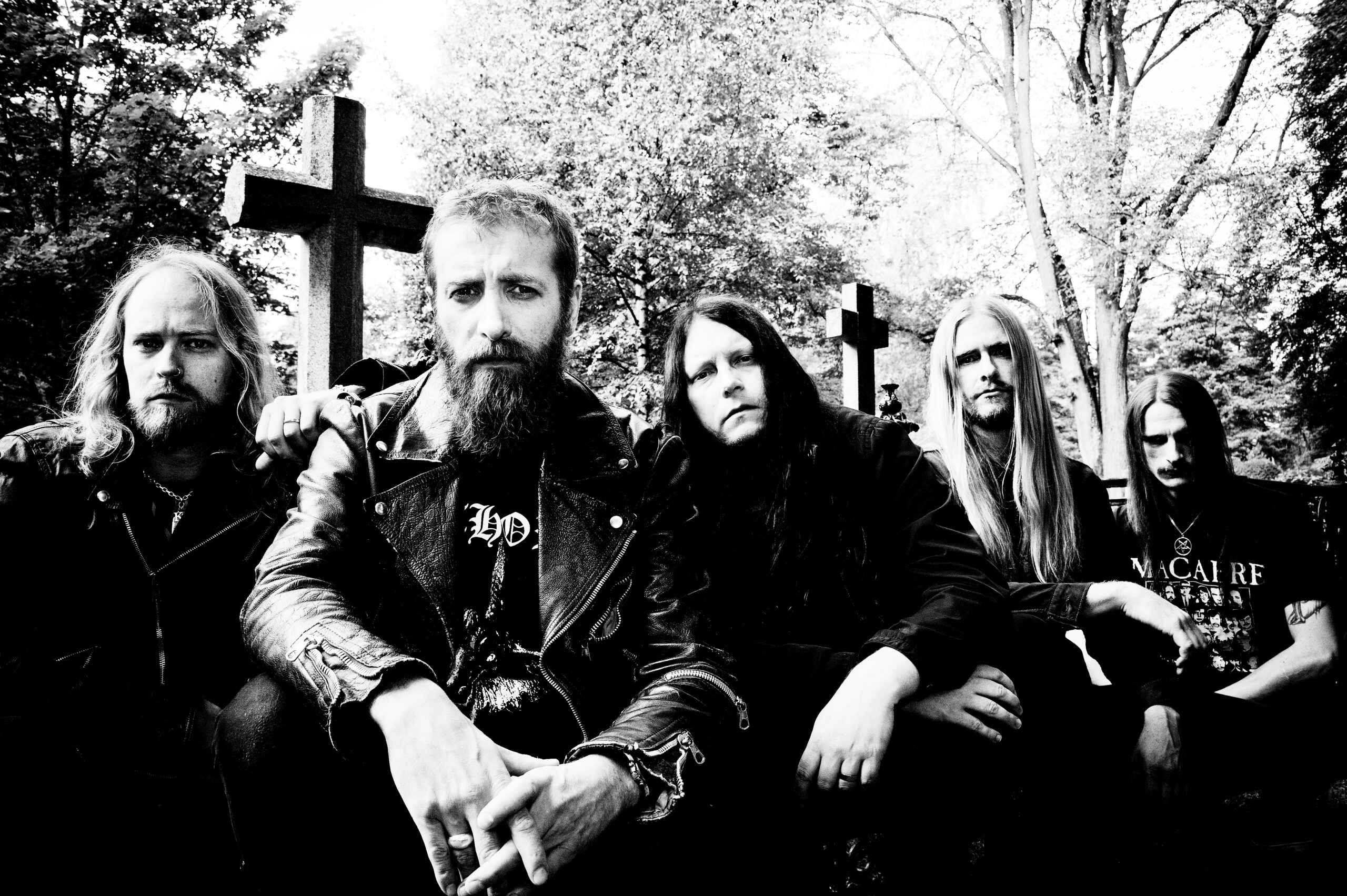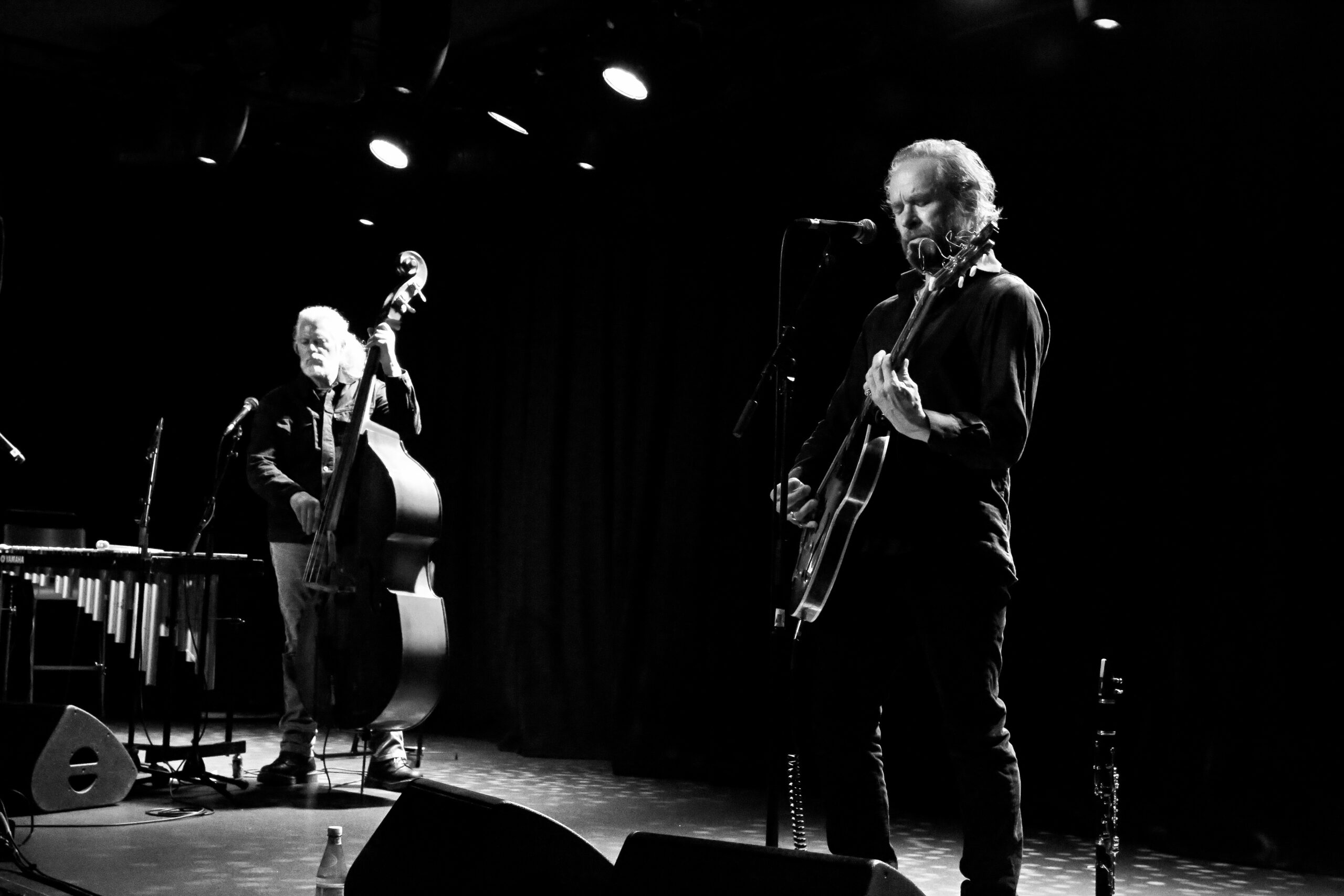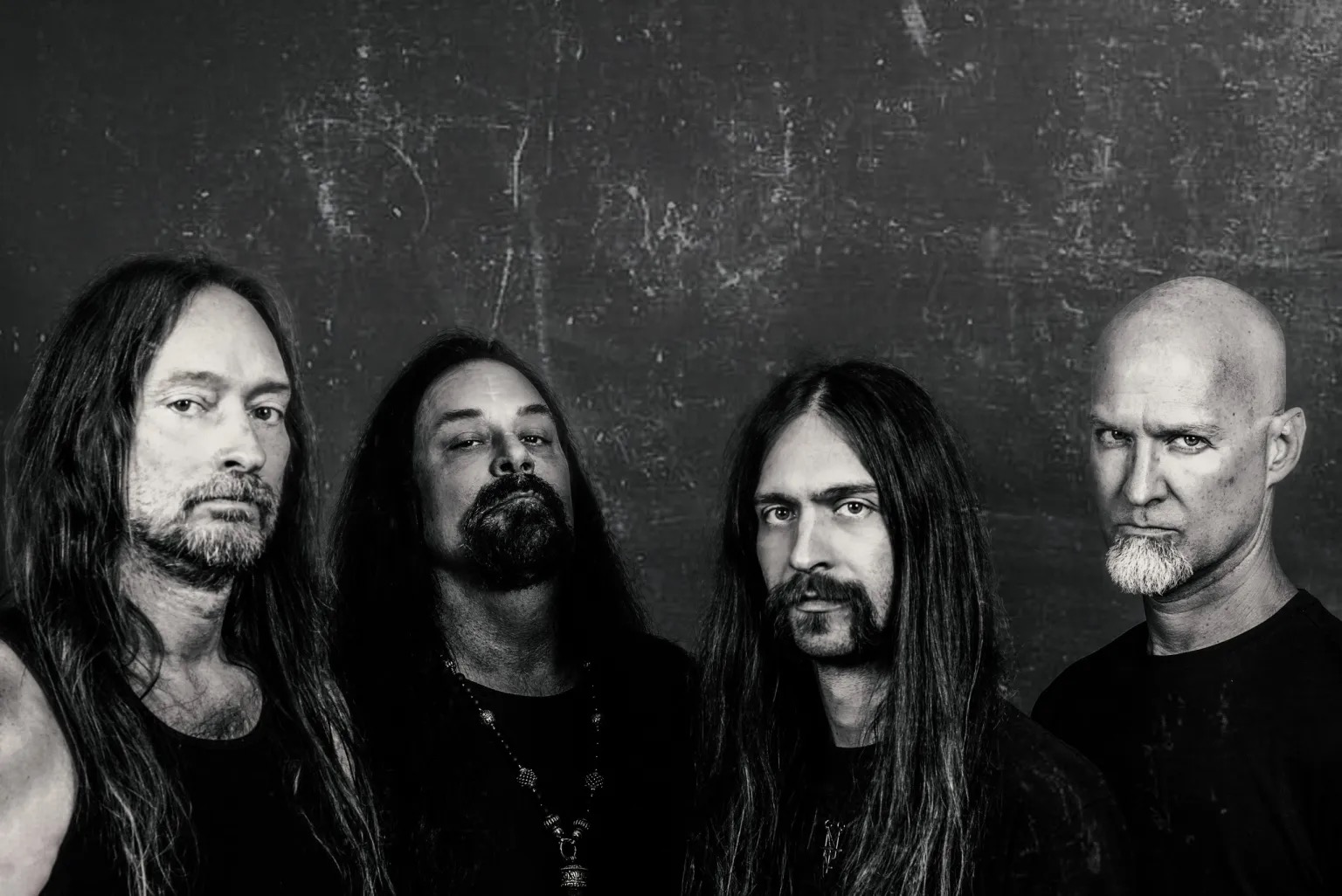Let’s get this straight – Maynard James Keenan has no interest in what I, or any other journalist for that matter, think. It’s not hard to fathom the reasons. As the frontman of a band that has been, for want of a better word, fetishized over the years (although you could argue that Maynard’s own, obtuse behaviour has fed into that), it’s easy to imagine the burn out that accompanies every hollow word of praise and every cynical sleight. Maynard is human, as flawed as any other, and yet frequently raised to the status of a musical god… who wouldn’t be weary of the slew of print appended to every release? So, I write this fully in the knowledge that Maynard will never read it and that, if he did, it would be with a simmering sense of scorn. Yet, just as Maynard writes music for his own enjoyment first and foremost, I write because it’s something I love to do, and his work is so richly layered that it ploughs, unbidden, rich furrows of language. So here, almost a week after its release, I have finally put pen to proverbial paper in an effort to deliver some sort of verdict on an album for which I’ve been patiently waiting (but not necessarily expecting) since 2004. It’s not an easy ride – but then who expected it to be – but it’s one that is most worthwhile if you’ll only put in the effort.
Somewhat predictably, the opening track is anything but predictable. It’s easy to see some fans feeling disappointed as it pointedly eschews the crisp bite of ‘the hollow’ and ‘the package’ (from ‘mer de noms’ and ‘thirteenth step’ respectively) for a more subtle, reflective sound that recalls the downbeat, yet defiant, ‘emotive’ set – a nominal covers album that saw the band reimagine well-known songs so radically that few remained recognisable beyond their lyrics. Yet, such disappointment is to miss the point. A perfect circle have grown and evolved, something they similarly expect from their listeners, and neither Billy Howerdel nor Maynard (the only two band members to actually feature on the album) are interested in repeating past glories. So, yes, it’s a contrary introduction, but one which helps to ease the listener into A Perfect Circle circa 2018. An early album highlight, ‘disillusioned’ is, at least in part, an anthem designed to rally an entire generation lost in the ether of the internet. However, whilst it seems to promise a denser, heavier experience, Billy cleverly inverts expectations, as he moves deftly from a taut, rhythmic verse that summons echoes of ‘mer de noms’ to a chorus so slight it practically vanishes out of sight. Billy’s sensitive piano work is crucial here and the result is a track that edges from nervy, pulse-quickening rock to shimmering post-rock with little warning. Quite what those expecting another ‘Judith’ will make of it all is hard to gauge, but it’s unlikely that APC care one way or the other and you have to admire the bravery of a band who so consistently defy expectations on their first record in some fourteen years. Almost heart-breakingly fragile, ‘disillusioned’ is a masterpiece – one that only reveals all its colours after careful study and whilst it may not settle with you instantly, the more you listen, the more you’ll find Maynard’s message slowly breathes its way into your mind
Continuing in the post-rock theme introduced over the first two tracks, ‘the contrarian’ recalls the rarely-bettered beauty of ‘the noose’ (particularly the live incarnation seen on ‘Amotion’), Billy’s reverb-drenched guitar doubling and redoubling into a wall of noise that is utterly beautiful in its gargantuan fragility. In contrast the heavily filtered drums of ‘the doomed’ summon up the band’s more muscular side, Maynard delivering the album’s toughest vocal performance over a scything, hypnotic beat that gives way to a chorus that is near symphonic in its expressive grandeur. It is here, at their most ambitious, that A Perfect Circle meet all of the expectation heaped upon them in the years since they last ventured forth. Perhaps the album’s biggest surprise is the U2 stomp of Douglas Adams-referencing ‘so long, and thanks for all the fish’. A remarkably searing commentary on modern society, it hides behind a cloak of musical civility long enough to lull the listener before more traditionally perfect circle-esque elements fall into place around the crunchy central beat. Edging into somnolent, art-pop territory, ‘talktalk’ takes a superficially simple backing and stumbles to toward the divine via Maynard’s pitch-perfect vocals before suddenly exploding into a thousand points of light as Billy layers more and more guitar over a chorus awash with vitriol. It brings the first half of the album to a close with the listener left fiercely trying to get a handle on the many twists and turns the music takes.
With its soaring strings and piano-led melody, ‘by and down the river’ recalls Paradise Lost’s most experimental album, the elegant ‘host’, and Maynard’s naked vocal only adds to that feeling. Proceeding at a doomy pace and awash with synth, the track nevertheless builds to a considerable climax, only for ‘delicious’ to burst forth, an unexpected ray of sunlight in an otherwise cloudy day. A song that sits the farthest from where you’d expect APC to be, it’s almost an alt-rock anthem complete with acoustic guitar and a suitably huge chorus. That’s not to say it’s not filtered through Billy’s unique lens, but it still feels odd to hear something so conventional in an album that otherwise delights in its own artiness. Slowing the pace and darkening the mood, the short instrumental, ‘dlb’, sits somewhere between Nine Inch Nails’ ‘the fragile and David Bowie’s ‘1.Outside’ and it leads neatly to the sonic explosion that is ‘hourglass’. A pulse-pounding track built around jabbering synth and the sort of taut beat that Muse and Marilyn Manson employed on ‘absolution’ and ‘Golden Age of the Grotesque’ respectively, it’s something of a surprise that ‘hourglass’ didn’t make the single given its addictive melody and high-tech pop stylings. A perfect example of a band subverting mainstream sounds to their own purposes (in a manner not dissimilar to the way in which Ulver adopted synth pop and made it entirely their own on ‘the assassination of Julius Caesar’) ‘hourglass’ has a streak of mischief amidst its arcing percussion and it’s all the more enjoyable for it. Edging back into the art-rock territory of ‘so long, and thanks for all the fish’, ‘feathers’ opens upon an awkward beat and skeletal riff before the whole thing is stripped right back to Maynard’s vocal and the rich timbre of a grand piano. It is an odd track that leads the listener to the perverse finale, ‘get the lead out’. A track which, despite its title (with all its echoes of sports fields and screaming coaches), eschews aggression in favour of an oddly down-tuned piano loop and skittering beat. One of the most experimental pieces on the album, ‘get the lead out’ is a remarkably odd track that sits closer to Bjork than to APC’s former work. In the sense that the entire album defies expectations, it is the perfect closer. It’s strangely compelling and, like a number of tracks on here, it calls you back even if you’re not sure you actually like it on first listen. A perfect metaphor, then, for the album’s overall message of moving away from he instant to embrace the slow, often contradictory experience of real life.
Perhaps ‘Eat the elephant’ is not a perfect album, although it is a damned close. In some ways it does not seem to flow as well as ‘Mer de noms’, but then that album, too, did not simply reveal itself to its listeners on the first go and the more time I spend with ‘eat the elephant’, the more the wonder of Billy’s guitar work seems to seep into my soul. As much as anything else, the diversity on offer, even within the band’s own unique sound-scaping, is perhaps what takes the most time to adapt to. Songs that feel wrong at first listen serve to become favourites after repeated listens and you’re left wondering why you ever questioned their inclusion in the first place – such is the value of patience. In short, ‘eat the elephant’ is a remarkable record and one that is light years ahead of its peers. Drawing upon a mix of influences from Sigur Ros and Mogwai to Tool and Nine Inch Nails, it’s a varied, exquisitely performed record that demands much of its listeners before its secrets truly start to unravel, but it is also a record that generously rewards those prepared to invest the time. 9











Leave a Reply